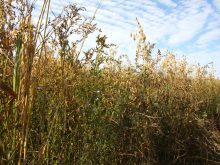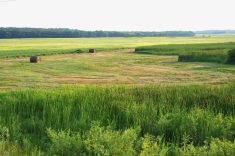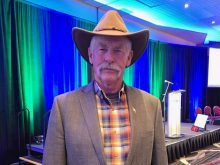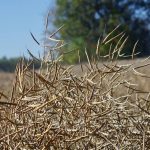A program to make it easy to compare Canadian sustainability programs against international ones will kick off by comparing Canadian beef sustainability standards against an international carbon certification.
“We want to avoid duplication,” said Mary Robinson, president of the Canadian Federation of Agriculture (CFA), which leads the project.
“We all go through these different qualifying, quantifying standards,” Robinson added. “How do we take all of that, aggregate it, and convert it so we’re all speaking the same language and we can access markets?”
Read Also
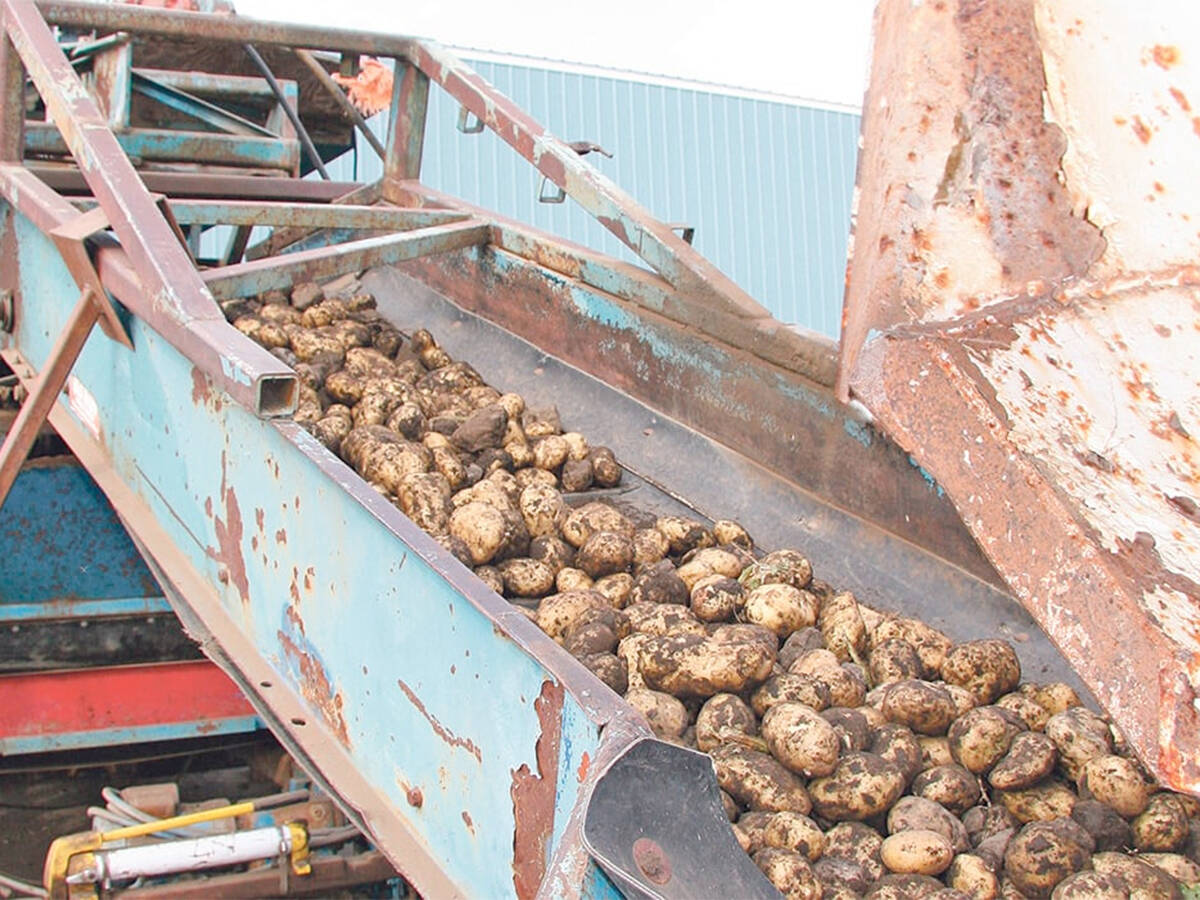
Potato growers beware new PVY strains
Newer strains of potato virus Y (PVY) are creating headaches for potato farms in Eastern Canada, and Manitoba farmers should pay attention
The comparison is the first pilot for CASI — the Canadian Agri-Food Sustainability Initiative, which began in 2020. It will use a prototype platform to compare the Canadian Roundtable for Sustainable Beef’s Certified Sustainable Beef Framework against the International Sustainability and Carbon Certification’s Farmer Sustainability Assessment, Robinson said.
CASI’s goal is to build a web-based platform where farmers can enter the sustainability programs they belong to and be given a list of international standards they meet, Robinson explained.
If the farmer doesn’t belong to any programs, they can answer a series of questions about their farming practices to get the list.
The site may also give a list of modules for the farmer to complete to meet more standards.
Likewise, Robinson said, food processors and distributors could also upload their standards and see which on-farm programs meet their needs.
Eventually it may be possible for CASI to generate high-level data on sustainability trends, which programs have the most uptake, and which practices are most widely adopted, said Robinson.
For farmers and farm groups, the intention is that CASI will streamline reporting programs and reduce administrative burdens. The hope is also to improve market access, said a November 2021 report from CASI.
For producers to use the platform, it will have to reduce time spent reporting data, the report said. Consulting producer groups revealed that farmers wanted to feel comfortable about consenting to data sharing. They wanted the platform to be simple to use, and to require minimal data and broadband use.
The pitch to governments is that CASI will help identify competitive advantages and opportunities and help target programs and support. It may also help them understand uptake of management practices, the report said.
A second pilot project, which Robinson said is yet to be announced, will tackle a horticultural commodity, the report said.
The plan is to have the CASI platform ready to go by March 2023.






